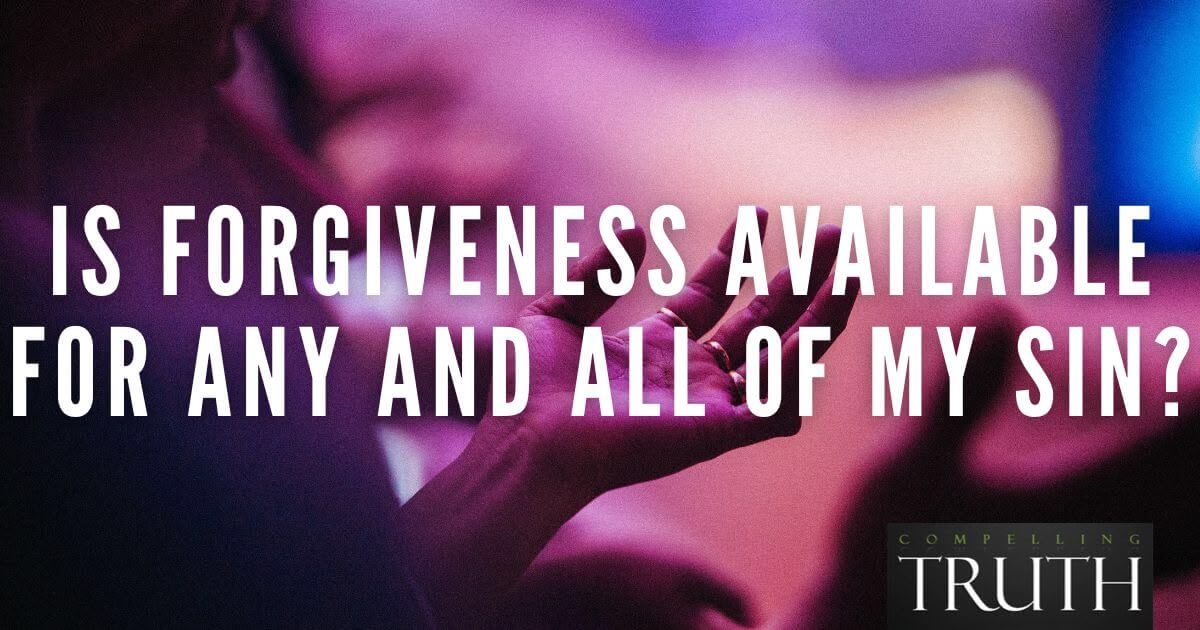what does the bible say?
A clear conscience cannot be achieved through human effort or good deeds alone because all people inherit a sinful nature from Adam and Eve, separating them from God (Ephesians 2:1-3). God provided a way to restore that relationship through the sacrificial death of Jesus Christ, whose perfect life and atoning death cover our sins and remove guilt (1 Peter 1:18-19; John 3:16-17). When we place our faith in Jesus, we are forgiven, reconciled to God, and given the ability to pursue holiness and righteousness (Romans 6:18). Our faith is confirmed not by rituals or works, but by the way we live in obedience to God and continue to confess our sins (1 John 1:9; Matthew 6:33). A clear conscience is the result of trusting in Jesus’ sacrifice, growing in fellowship with Him, and relying on His guidance and presence (Hebrews 10:19-22). Though we will still fall short, God’s faithfulness ensures forgiveness and ongoing cleansing from sin, giving freedom from guilt and shame. Ultimately, true freedom and peace of conscience come only through Jesus, whose death and resurrection allow us to live in a restored relationship with God (John 8:36).




